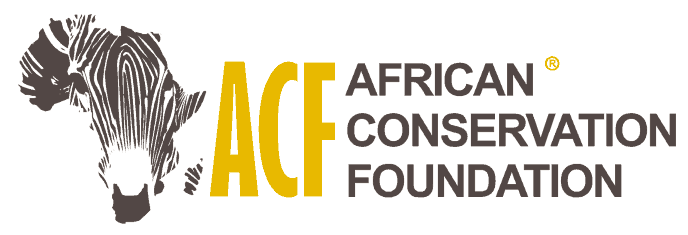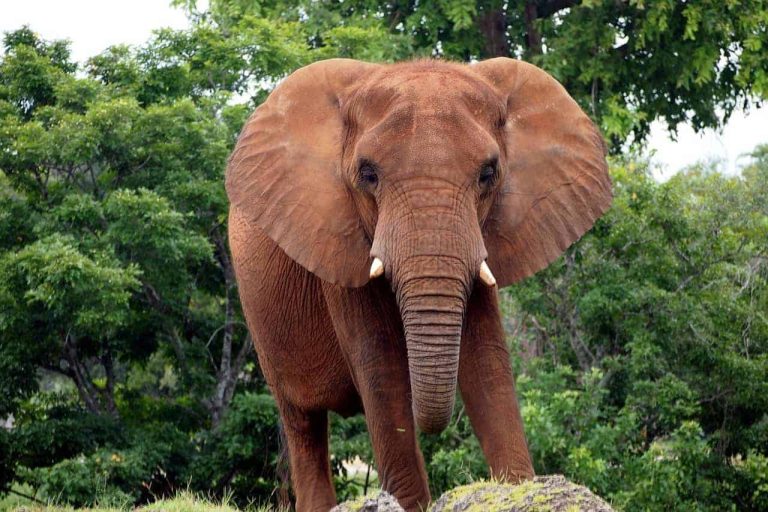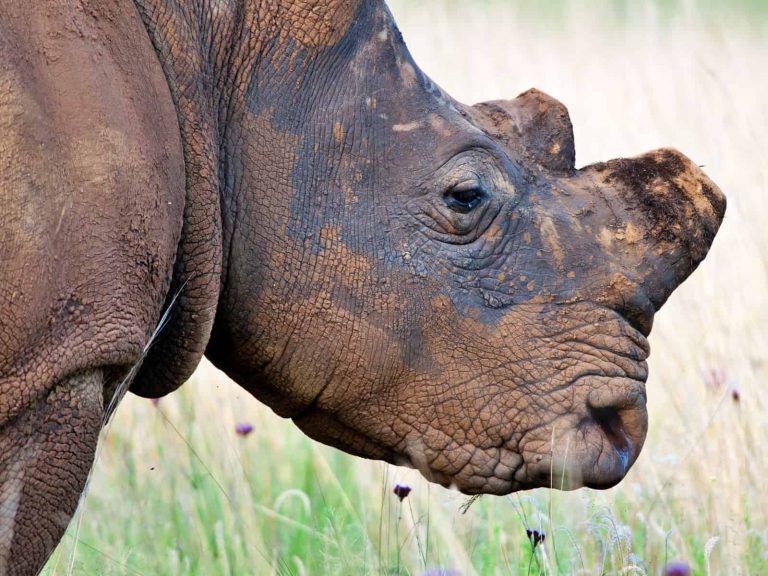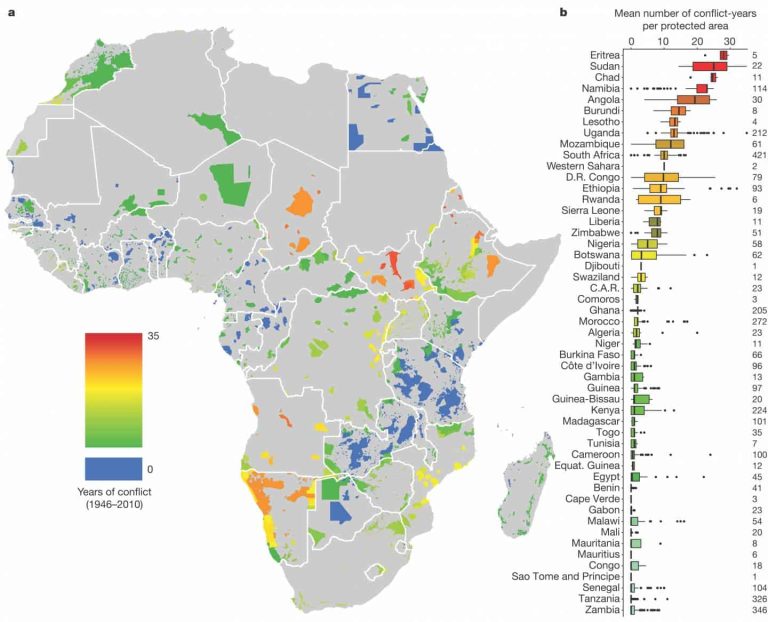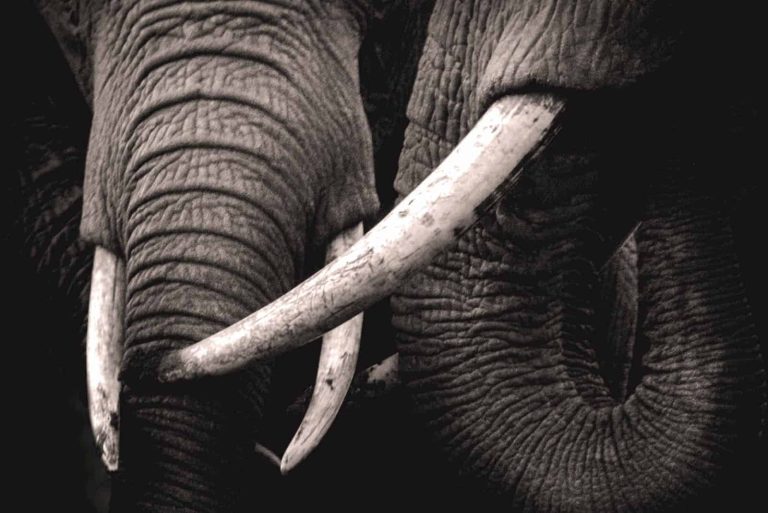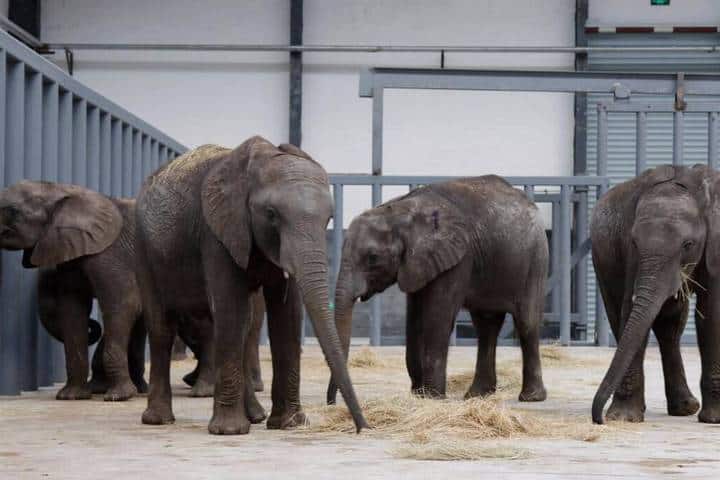First Lion Sighting in Chad’s Sena Oura National Park After 20-Year Absence
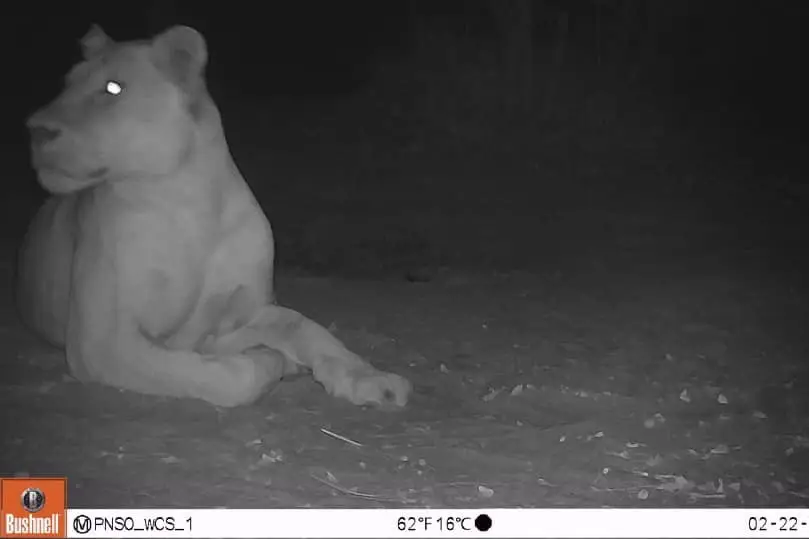
After a 20-year absence, a lioness has been spotted in Chad’s Sena Oura National Park, marking a significant milestone for conservation efforts in the region. The International Union for the Conservation of Nature had declared lions as extinct in the park, which is located near Chad’s border with Cameroon. The news of the lioness’s sighting was announced by the Wildlife Conservation Society in collaboration with the government of Chad.
The lioness was captured by a remote camera in February, and according to the Wildlife Conservation Society, it was a “beautiful lioness, in her prime and clearly in great health”. The image has been described as an “incredible conservation story” and is proof that the efforts to conserve wildlife populations in the region are bearing fruit.
The border region between Chad and Cameroon has suffered from poaching and habitat loss, which have contributed to the decline of the lion population. However, the governments of Chad and Cameroon have taken strong steps to protect the national parks and wildlife populations in the area, resulting in the gradual recovery of the lion population.

The lion is categorized as “Vulnerable” by the International Union for the Conservation of Nature, and their populations are especially “small and fragmented” in west and central Africa. The loss of their prey, habitat loss, and killing by humans have all contributed to the population decline. Lions have fared better than some other big cats such as tigers in recent decades, but their numbers have declined by two-thirds over the past three decades in Africa. Some of their populations are now facing extinction.
The return of the lioness to Chad’s Sena Oura National Park is a positive step forward for the conservation of lions in the region. The sighting is a testament to the concerted efforts by the governments of Chad and Cameroon to protect wildlife populations, and it is hoped that more lions will return to the park in the future. As the lion population continues to decline globally, it is crucial that we take steps to protect these magnificent creatures and their habitats.
Source: WCS and government of Chad
